
Business
“Becoming a mentor helped me see my own value.”
6th March 2025
27th October 2020
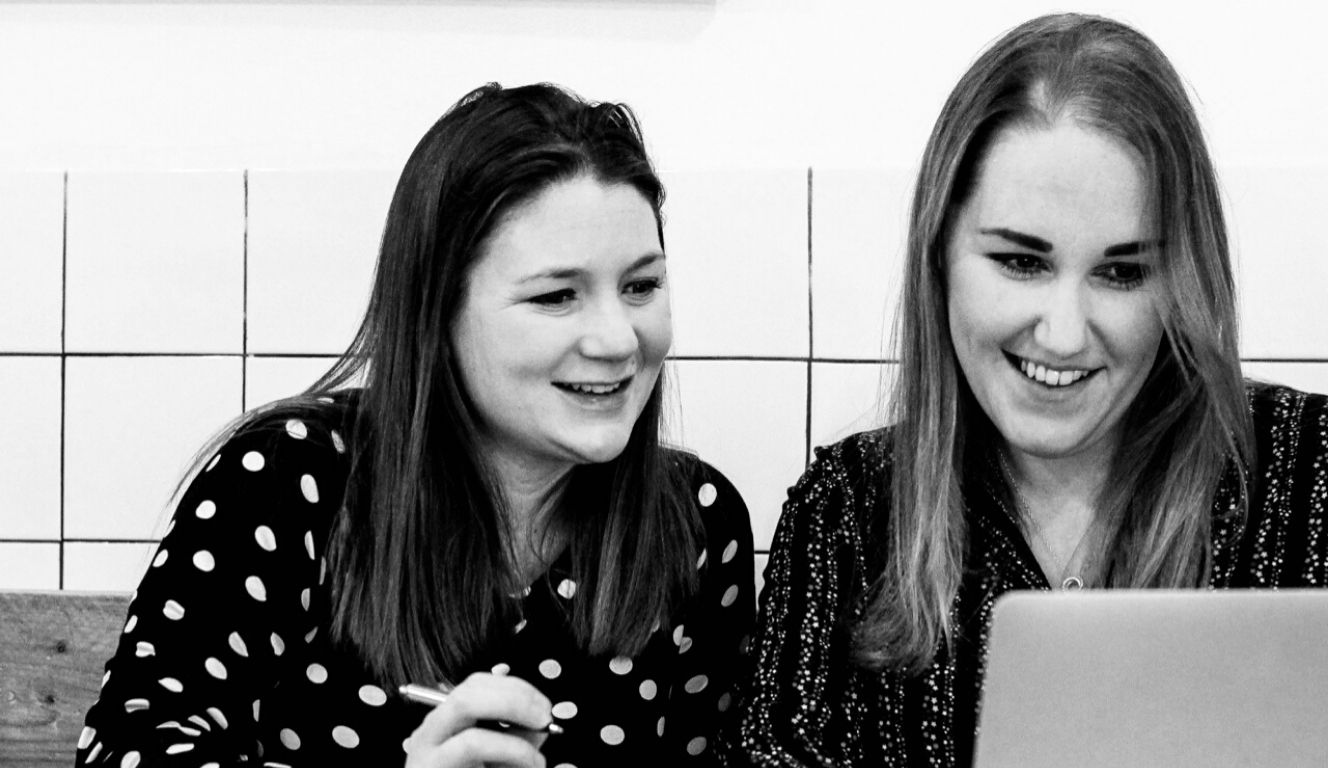
The Doers is a collective of freelancers, each with their own marketing expertise, who come together to deliver projects or ongoing services for clients. “Our aim was to have ten freelancers by the end of year one,” says Jess Sims, who co-founded The Doers in September 2018. “We ended up with more than 100. And we now have more than 200.”
The collective is about 60% female, 40% male, mostly based in the UK. “We’re essentially a plug-in marketing team,” she says. Clients include tea company Teapigs and cancer charity Maggie’s.
“Penfold is a perfect example of how we work. They’re a very fast paced start-up and didn’t have anyone in-house doing their marketing. They were in the midst of investor rounds so they didn’t have time to create content or tackle brand partnerships. We came in to work with their team and support on marketing.”
When a client comes their way, they send the project round to everyone in the collective to draw together a team. “When someone agrees to work on a project, they receive a contract from us outlining their role,” says co-founder Laura West. “The clients brief us and then we brief the freelancers. We do our best to pay freelancers on the same day they send their invoice. One of the most difficult things for freelancers is late payments. We also take on chasing clients on their behalf.”
Jess and Laura have used Starling to manage their business finances for the last year. They signed up after fellow freelancer Frankie Tortora of Doing It For The Kids, the community for freelance parents, recommended us. “The instant notifications mean that as soon as we’re paid by the client, I can jump straight on my phone and pay the freelancers who worked on that project. We’re more in control of our money and much more aware of where we are financially,” says Laura.
Jess went freelance three years ago, while Laura went straight from her in-house marketing role to running The Doers. “Freelancing can be incredibly lonely,” says Jess. “I wanted to find a way for us to work together. I had one of those 3am moments - the words ‘The Doers’ came to mind and I began to connect the dots and come up with the idea for a collective of freelancers.”
The following day, she went to see friend and ex-colleague Laura to ask if she’d become her business partner. At the time, Laura was on maternity leave with her second child and wasn’t sure about quitting her job. But just a few months after being back to work, she decided to start the business with Jess. “Trying to get your child to nursery, slog it across London and leave by 4.30pm to get back before the nursery shuts is tough. I wasn’t turning up for work as much and I wasn’t turning up for my kids,” she says. “It was time for a change.”
The Doers not only acts as a source of work and income for freelancers, it also provides a sense of community. ‘We don’t do lonely days’ is the name of their monthly meetup, usually hosted in a café or restaurant in London. “The first coffee is on us - it’s an opportunity to talk about freelance woes and also to grow our collective,” says Jess. “We held them every month from October 2019 until lockdown. We now do weekly meetups on Zoom,” Laura adds.
“Coronavirus impacted our business at the start of the year as we had clients with China production factories that were closed for obvious reasons. Marketing is usually the first thing clients pull back on and that’s exactly what happened,” says Jess. “But our business actually picked up exponentially shortly after lockdown started. We had been very focused on networking, knowing our offering and communicating that out to people and it worked for us. We’ve had our busiest three months to date and have been able to give lots of freelancers work.”
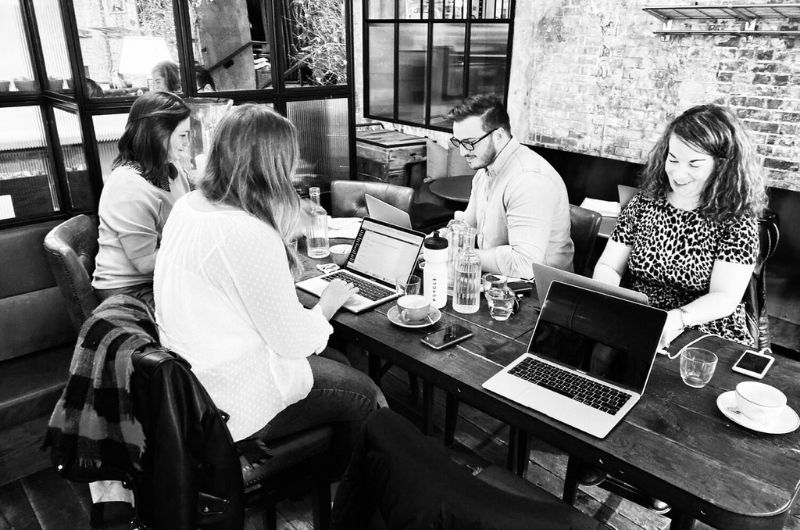
Since lockdown, The Doers have welcomed over 50 freelancers to their collective. “We’ve seen lots more people describing themselves as newbies to freelancing,” says Laura.
Their advice for new freelancers is to make a list of all your contacts to figure out potential clients. To research and set your rates and to create a website that clearly outlines what you do.
“Make your website really simple and sell yourself. It really pays off if everyone can understand exactly what you do just from glancing at the homepage,” says Laura.
Your income as a freelancer often fluctuates. “There are weeks or months when you barely stop. And then it goes quiet again,” says Laura. “In those moments, tick off things on your admin list. For example, your website, blog content, LinkedIn profile. Embrace the ebbs and flows and make the most of those quiet times.”
“Starling works so much better than our previous bank. And it doesn’t charge us a fortune each month,” says Laura. “Since joining Starling, the amount of time stressed out trying to do something and swearing at my computer has gone down substantially.“ There are no monthly fees for our regular business accounts.
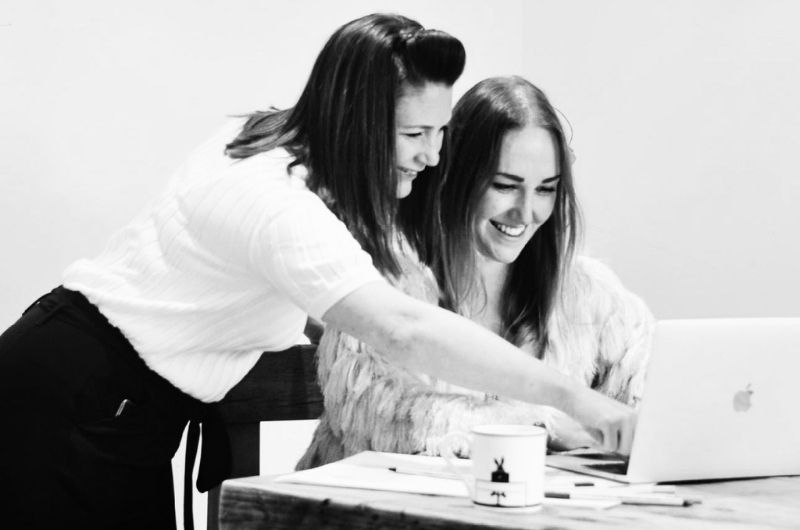
Many of the freelancers they work with also use Starling, a branchless and paperless bank. “As a small business we don’t have the time to go into a branch and sit there for ages waiting to sign mountains of paperwork. With Starling, the whole sign up process was so slick and quick - everything is at your fingertips,” Jess says.
A real benefit for The Doers is the Starling Marketplace, where you can browse and connect to third-party products and services. “The connection to QuickBooks is instant. As soon as I open my QuickBooks each morning, it’s already updated,” says Laura.
You could also try bookkeeping through the Starling Business Toolkit, an optional add-on that supercharges our regular business account with all kinds of extras for freelancers, the self-employed and small businesses (£7 per month).
For anyone interested in finding out more, explore The Doers website.

Business
6th March 2025
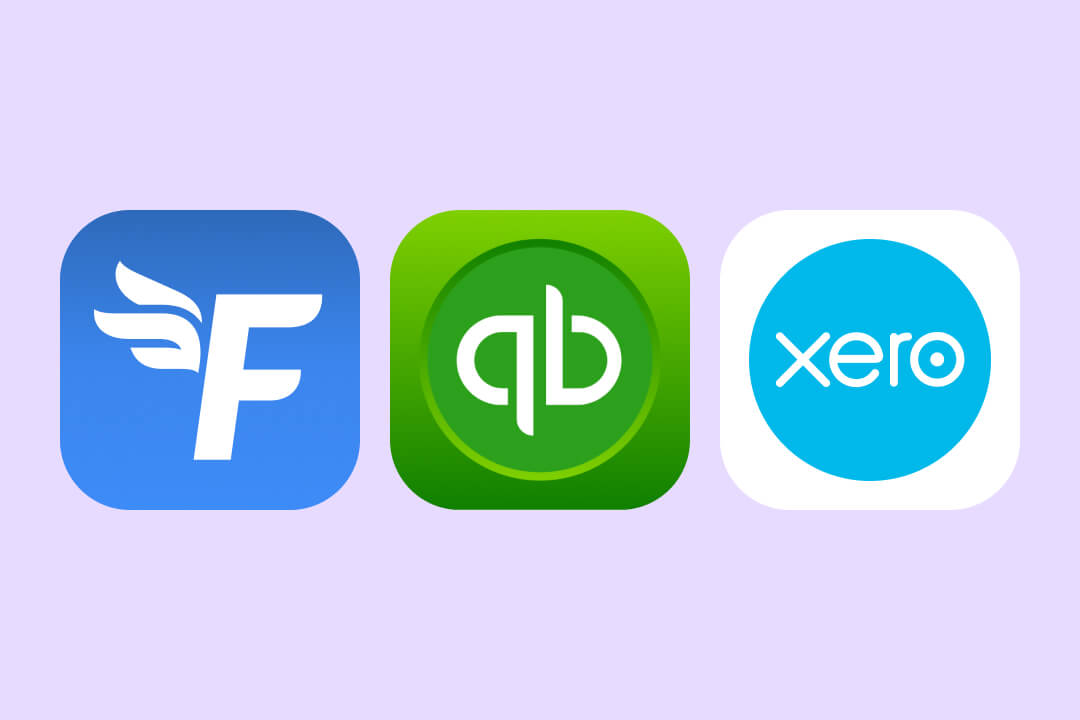
Business
24th May 2024

Business
24th May 2024
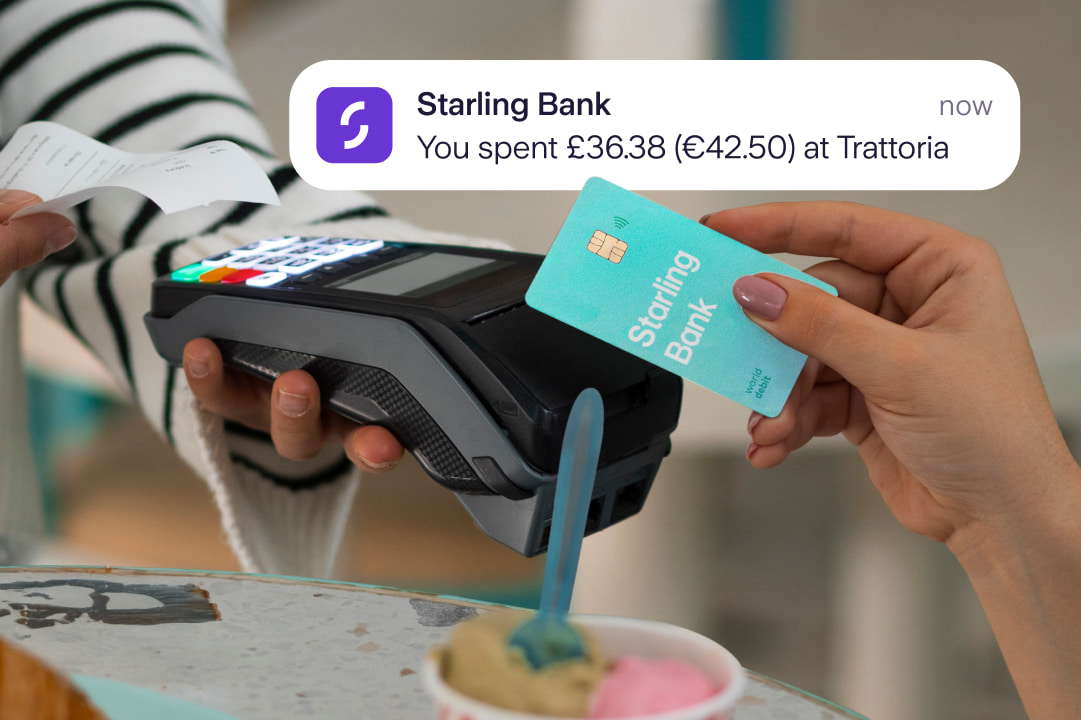
Money Truths
8th July 2025

Money Truths
2nd July 2025
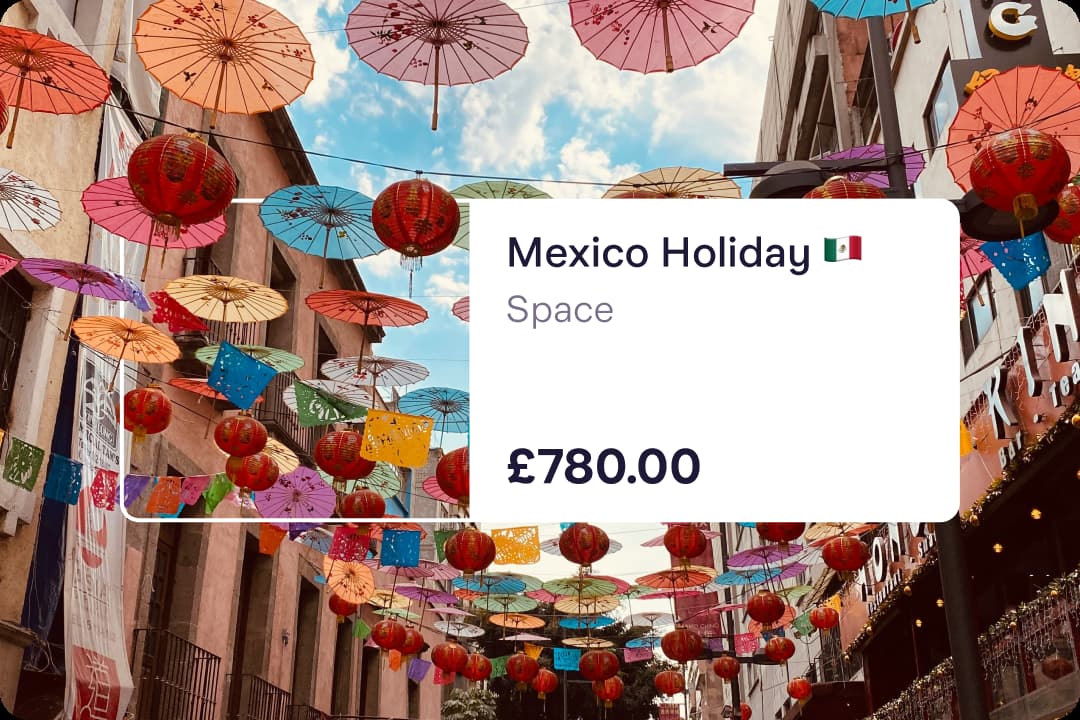
Money Truths
1st July 2025